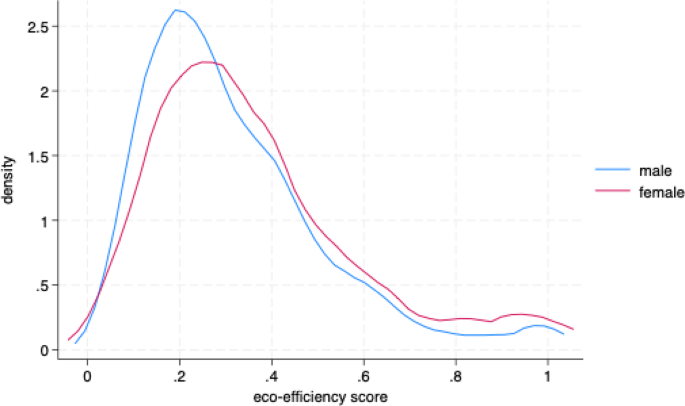Gender-based differences in eco-efficient farming
Imre Fertő, Lajos Baráth & Štefan Bojnec
Scientific Reports volume 15, Article number: 15895 (2025) – Published:
Abstract
This study investigates gender-based differences in eco-efficiency among Hungarian field crop farms, using data from the Farm Accountancy Data Network between 2015 and 2020. Applying Data Envelopment Analysis and Blinder-Oaxaca decompositions, we reveal a consistent eco-efficiency advantage for women-headed farms, particularly at mid-quantiles of eco-efficiency distribution. This advantage is largely attributed to women’s ability to optimize resource use effectively, though unexplained factors also contribute, suggesting potential differences in management practices. Results highlight that women-led farms often adopt eco-efficient practices that may contribute to sustainability goals. 
These findings highlight the need for policies that support women farmers’ access to resources, knowledge, and innovation in eco-friendly farming practices, helping to enhance sustainability in agricultural production. Encouraging women participation in sustainable agricultural entrepreneurship could play a critical role in driving eco-efficiency across the crop sector, ultimately contributing to environmental resilience and rural socio-economic development.
Keywords: Eco-efficiency, Gender, Crop farms, Agricultural output, Environmental impacts, Decomposition models, European union



